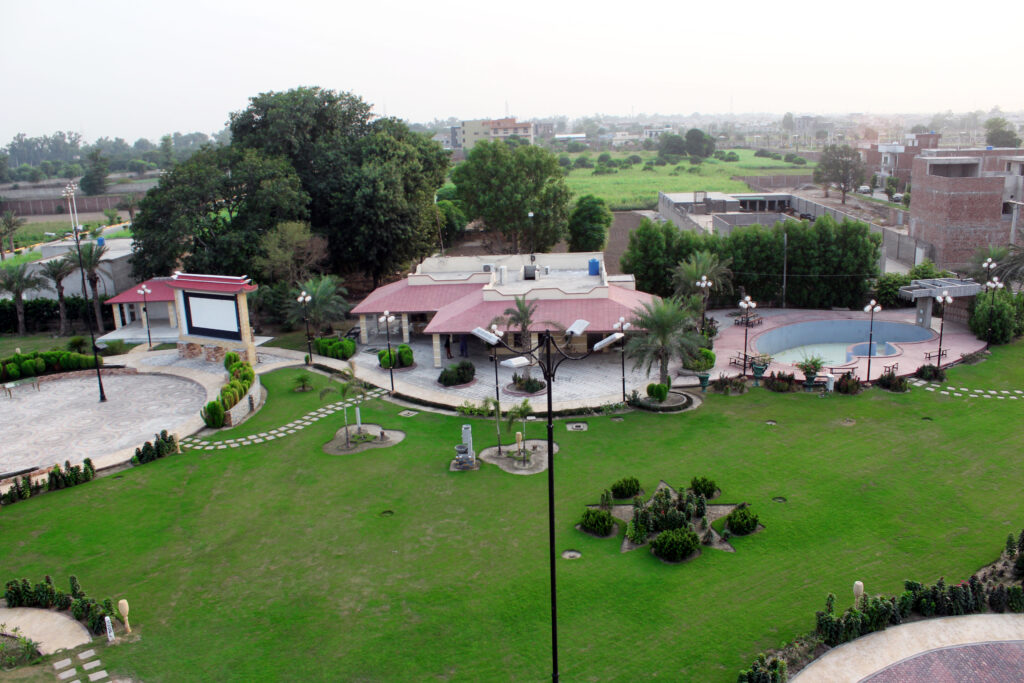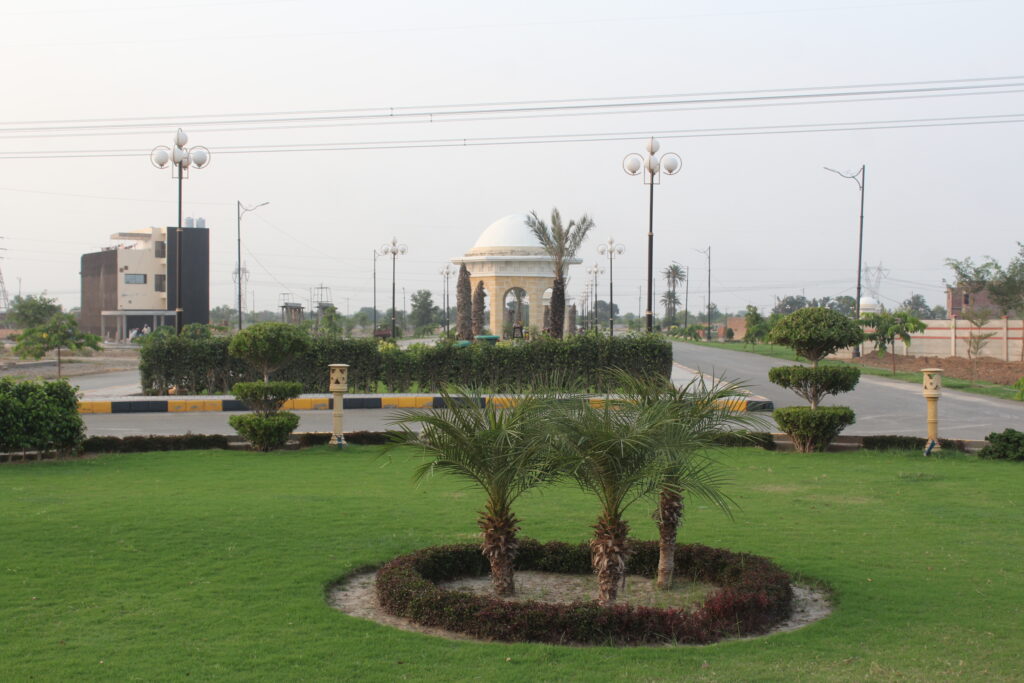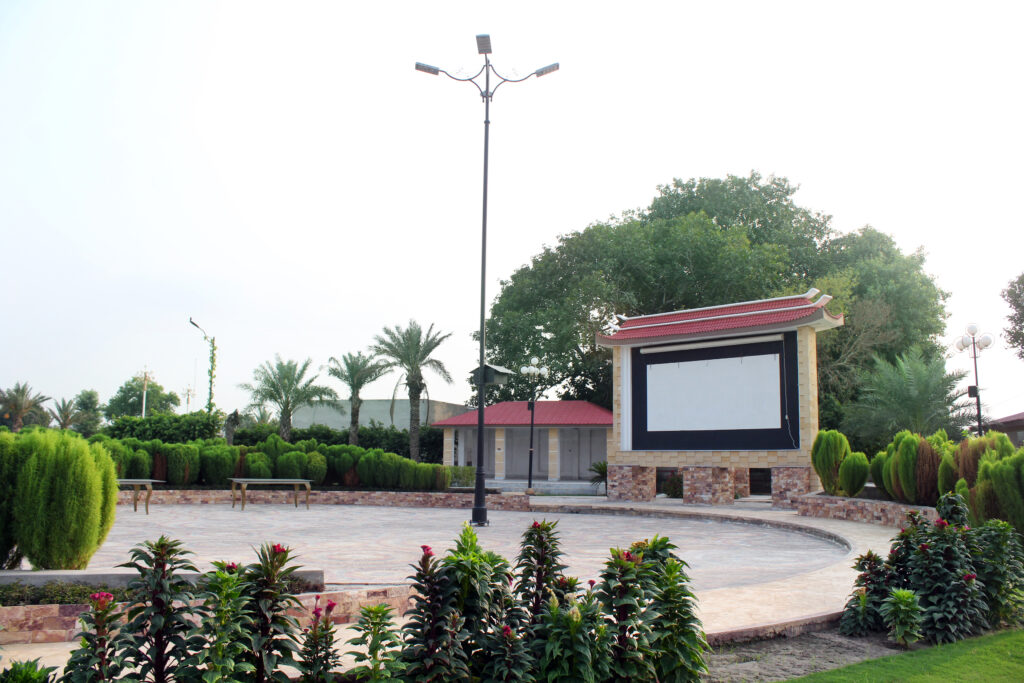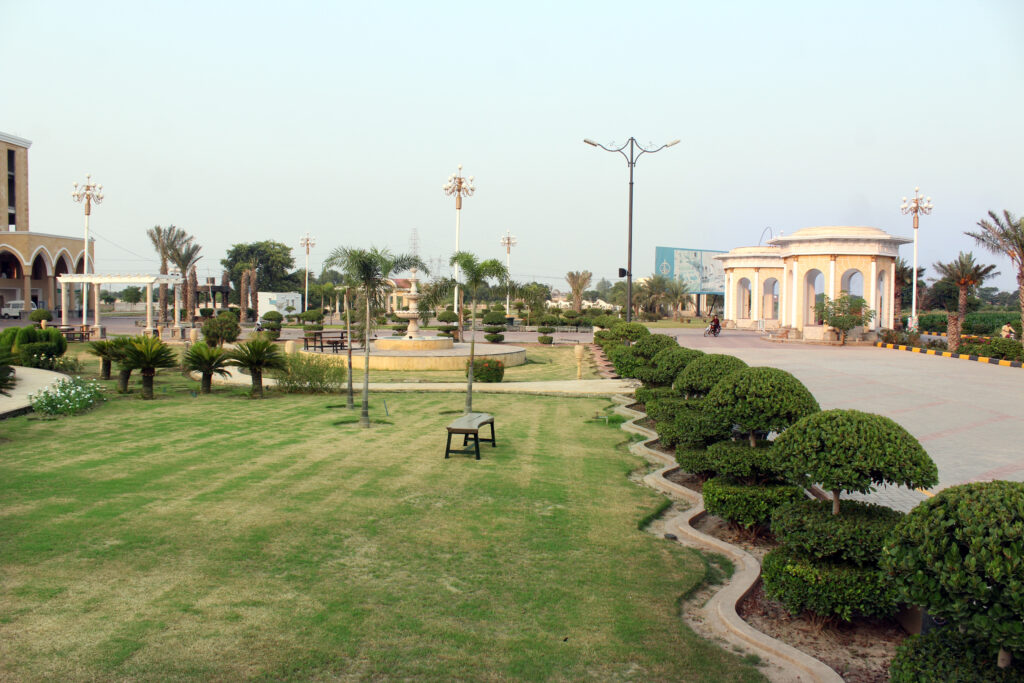High Quality Living
High Quality Living refers to a lifestyle or living conditions characterized by a high standard of comfort, convenience, and overall well-being. It encompasses various aspects of life, including housing, healthcare, education, recreational opportunities, safety, and access to essential services. A high quality of living often entails living in well-maintained and safe neighborhoods, having access to quality healthcare and education facilities, enjoying green spaces and recreational areas, and benefiting from a robust and diverse community infrastructure.
Factors contributing to high-quality living may vary from person to person, but common elements include a stable and prosperous economy, social harmony, a supportive community, and opportunities for personal and professional growth. Achieving a high quality of living requires a balanced approach to economic development, social inclusion, and environmental sustainability.
Efforts to improve and maintain high quality living standards are made by governments, communities, and individuals alike, as it enhances the overall happiness, health, and satisfaction of the residents within a region or country.
Green Environment
A Green Environment encompasses a harmonious ecosystem and surroundings that prioritize sustainability and minimize the impact on the planet. It revolves around maintaining a healthy balance among natural elements, promoting biodiversity, and preserving clean air and water. The concept emphasizes responsible practices, such as recycling, adopting renewable energy sources, and reducing waste, all aimed at mitigating pollution and carbon emissions. Additionally, creating and nurturing green spaces like parks and gardens is encouraged, benefiting both humans and wildlife alike. Pursuing a Green Environment is crucial for safeguarding Earth’s ecosystems, addressing climate change, and ensuring a sustainable future for generations to come.




Comprehensive Amenities
Comprehensive Amenities refer to a wide range of facilities and services that are provided to enhance the convenience, comfort, and overall experience of individuals in a particular setting, such as a residential complex, hotel, or community space. These amenities go beyond basic necessities and often include luxurious or additional features that cater to the diverse needs and preferences of the users. Examples of comprehensive amenities may include well-equipped fitness centers, swimming pools, playgrounds, spa and wellness facilities, concierge services, business centers, recreational areas, and social gathering spaces. The goal of offering comprehensive amenities is to create an attractive and appealing environment that enriches the lives of residents, guests, or users, making it a desirable destination or place to live, work, or visit.
Professional Services
Professional Services refer to specialized and expert assistance or solutions offered by individuals or firms possessing advanced knowledge, skills, and expertise in a particular field. These services are typically provided to businesses, organizations, or individuals seeking professional guidance or support to address specific needs or challenges. Professional services can span a wide range of industries and disciplines, including but not limited to accounting, legal counsel, consulting, marketing, information technology, engineering, architecture, healthcare, and financial advisory services. The providers of professional services are often highly qualified, licensed, or certified professionals who adhere to professional codes of conduct and ethical standards. Their aim is to deliver tailored and reliable solutions, leveraging their expertise to help clients achieve their objectives, optimize performance, and navigate complex situations effectively.
Humanitarian Community
The Humanitarian Community refers to a collective group of individuals, organizations, and agencies that are dedicated to promoting humanitarian principles and providing assistance, relief, and support to vulnerable populations affected by crises, disasters, and conflicts. This community includes humanitarian workers, volunteers, non-governmental organizations (NGOs), international organizations, governments, and various other stakeholders united by their shared commitment to alleviating human suffering and upholding human rights.
Absolute Security
Absolute Security refers to a state or condition in which a system, environment, or entity is completely protected from all potential threats, risks, or vulnerabilities. It signifies the highest level of security achievable, leaving no room for any unauthorized access, breaches, or compromises. This concept is often pursued in various domains, such as information technology, physical infrastructure, financial transactions, and national defense.